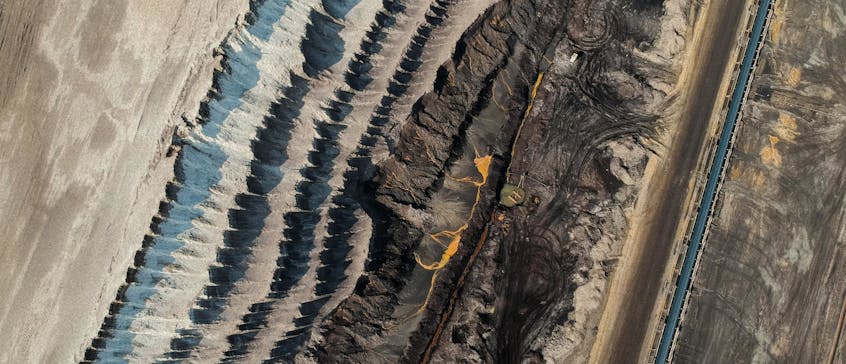The energy transition is, at its heart, about moving from molecules to electrons. But the technologies powering that transition, batteries, wind turbines, solar panels, depend on critical minerals like lithium, cobalt, and rare earth elements.
To secure supply of these crucial ingredients, in 2022, the Conservative Government published a Critical Minerals Strategy that set ambition but lacked substance. [1] Since then, the world has changed: a Labour Government is in place, industrial strategy is back on the agenda, and global trade tensions have deepened. Securing critical mineral supply chains has never been more urgent.

What Are Critical Minerals, and Why Do They Matter?
“Critical” doesn’t refer to geology but to economic value and supply chain risk. The UK lists 34 minerals as critical, used in everything from jet engines and AI chips to solar panels and EV batteries. With a new Critical Minerals Strategy expected soon, Labour has an opportunity to build domestic capacity, supporting clean energy, defence, and advanced manufacturing.
The desired outcome of building up domestic capacity should be to take advantage of what we can develop onshore as part of a diverse supply chain. At present, those supply chains are exposed, with China dominating not only extraction but, more importantly, the geography and ownership of processing for many critical minerals, a concern that world leaders are increasingly focused on. [2] [3]
This concentration of supply chains is not identical to fossil fuel dependence. It is less acute in the short term because these minerals are not a direct input into everyday use, and they are required in far smaller quantities. However, the size of the opportunity for domestic capacity can also be measured by the risk of having none at all.
Good policy means diversification. For too long, we assumed globalisation would guarantee deep and liquid market access, but that can no longer be taken for granted. This is not protectionism or overreach; it is ambitious pragmatism about domestic capacity.
What Domestic Capacity Can Deliver
The real benefits of a successful critical minerals strategy—within a broader industrial framework—come from the process of building capacity. Developing this capability could anchor new industries in post-industrial regions, creating thousands of jobs and wider economic benefits. Committing to that capacity and a broader story is key.
Take Cornish Lithium’s Trelavour Processing Plant: it recently produced its first lithium hydroxide and is targeting 300 direct and 1,500 indirect jobs, supported by £35 million from the National Wealth Fund (NWF). Nearby, South Crofty tin mine received £28.6 million this year and is expected to create 300 local jobs. Then there’s the cluster in Teesside, including Green Lithium, which received a £1.5 million grant this year as part of the Industrial Strategy’s £2.5 billion DRIVE35 fund.

These places can contribute to the UK’s growth imperative through export-led growth. At a time when pride of place and place-based industrial strategy matter, Labour can engage with these geopolitical and technological challenges in a way that delivers for communities.
That is why Labour needs critical minerals: the upcoming Strategy must deliver on the economic and geopolitical imperatives, but it can’t just cover domestic capacity, it needs to build that capacity for jobs, skills, and regional renewal.
It requires bringing opportunity to people, not just raising skills, but building places through these crucial industries where skills are rewarded.
References
[1] UK Critical Minerals Strategy - GOV.UK
[2] G-7 to Announce Critical Minerals Alliance to Counter China | Financial Post
[3] Exclusive: Trump wants piece of company in charge of America’s biggest lithium mine | Reuters


